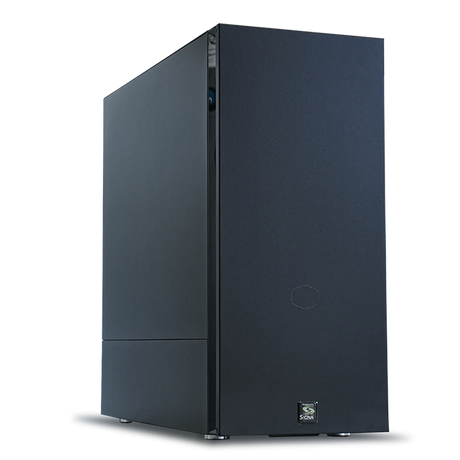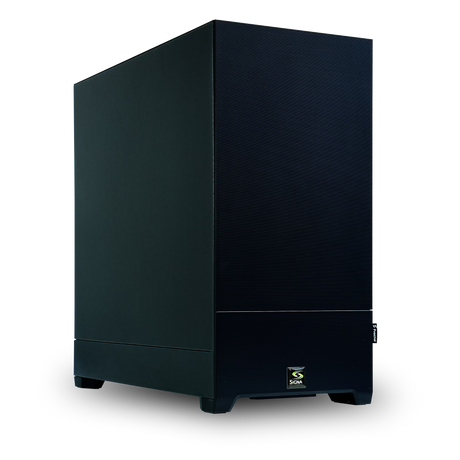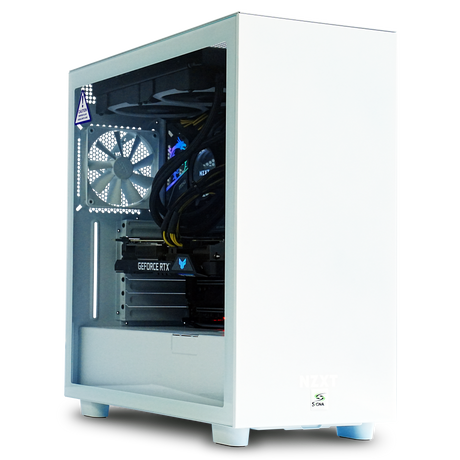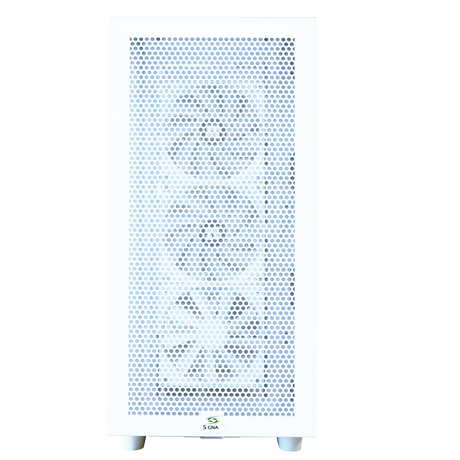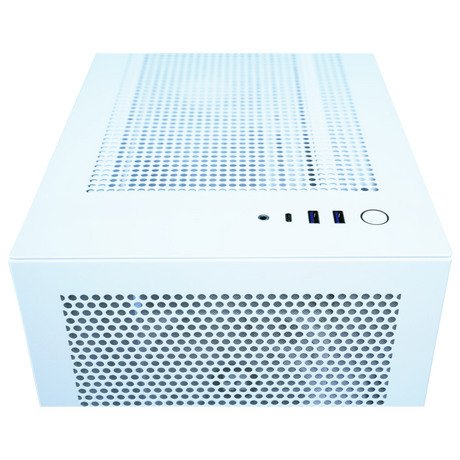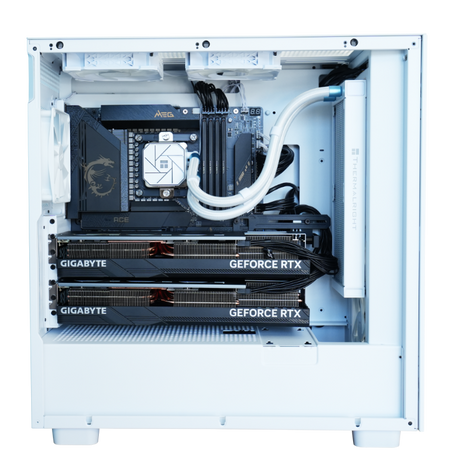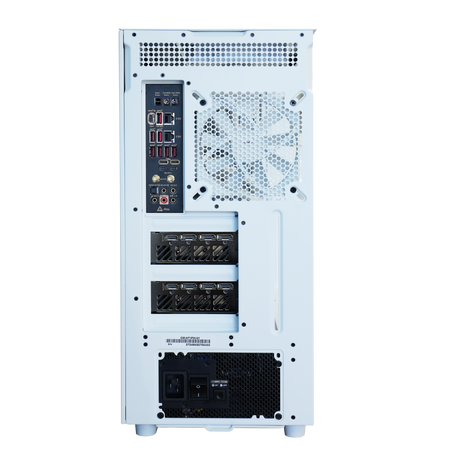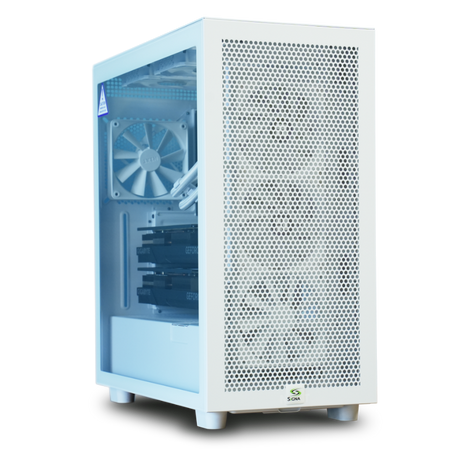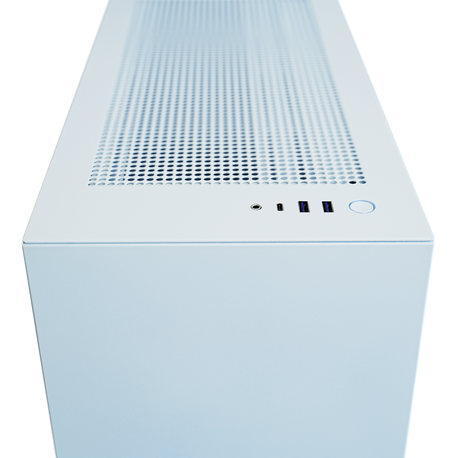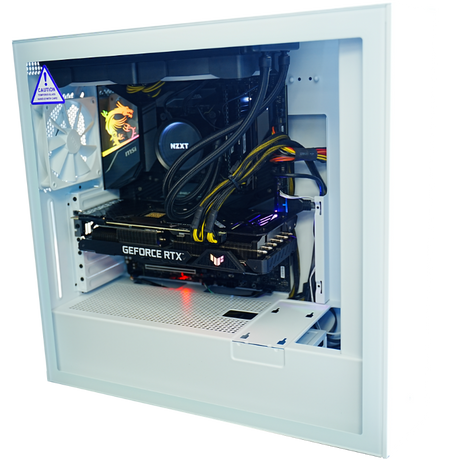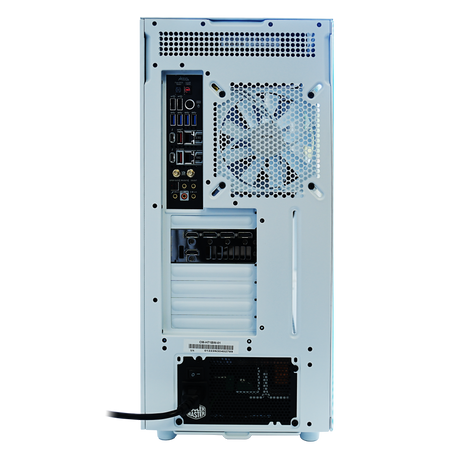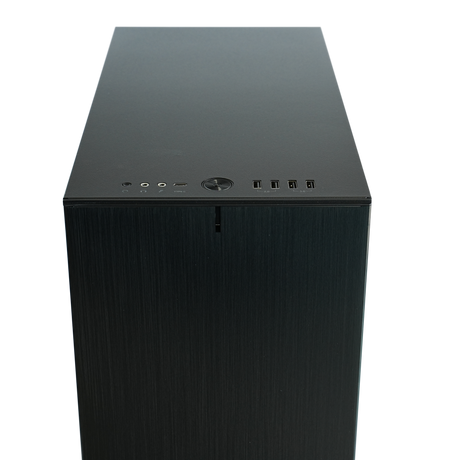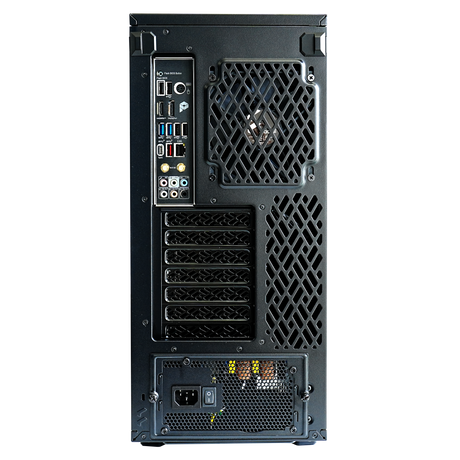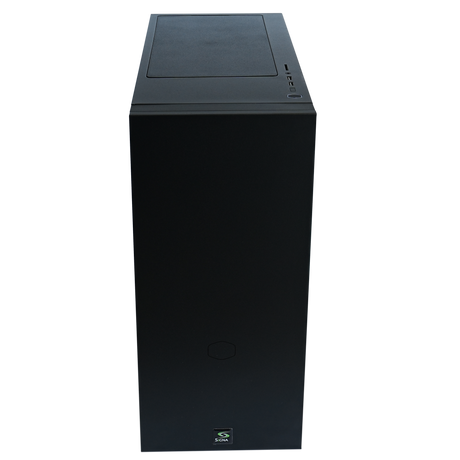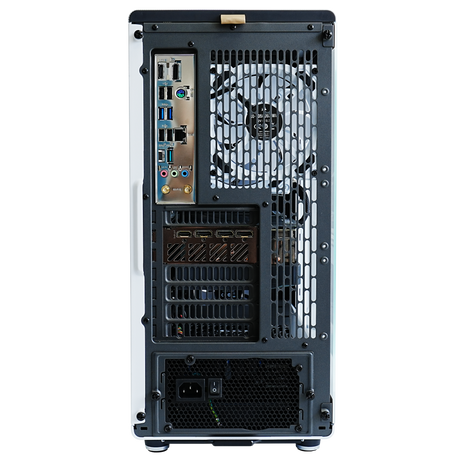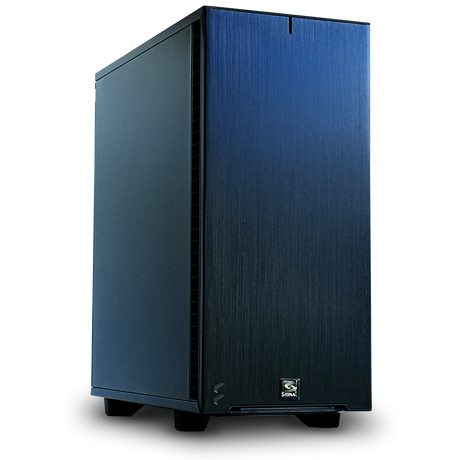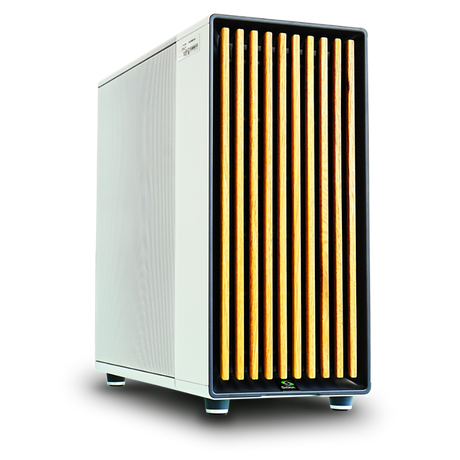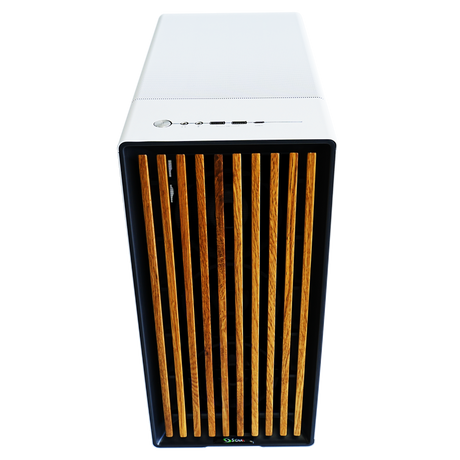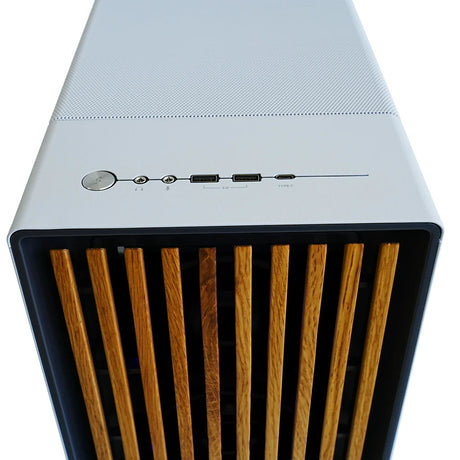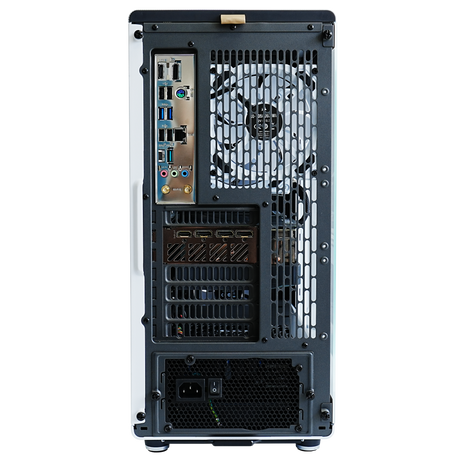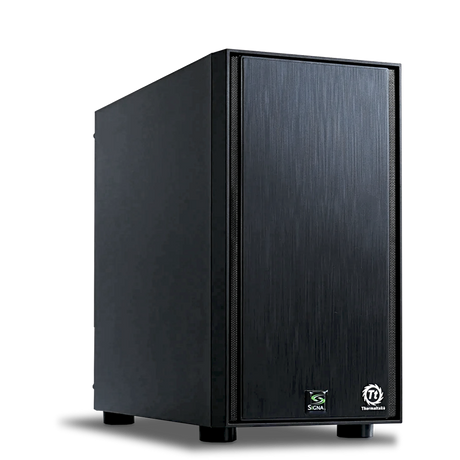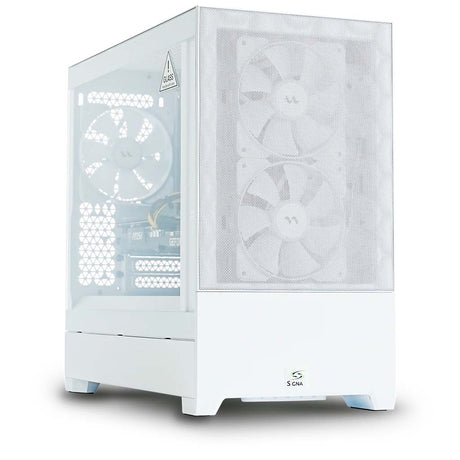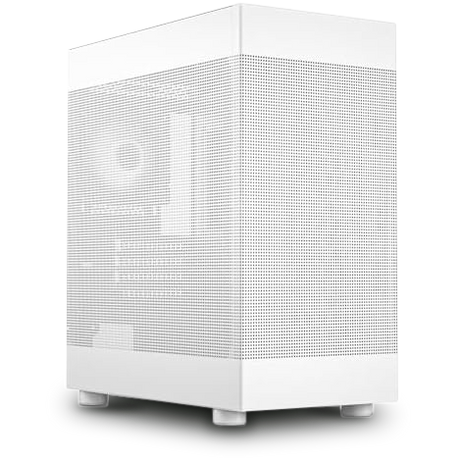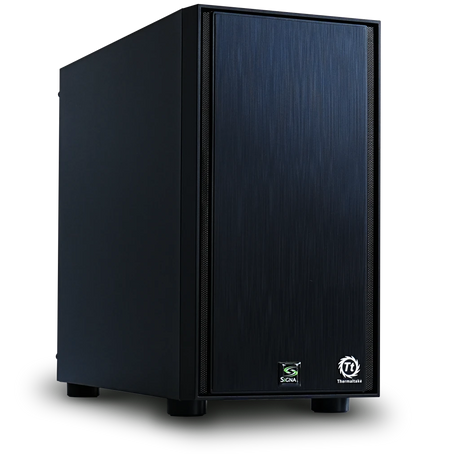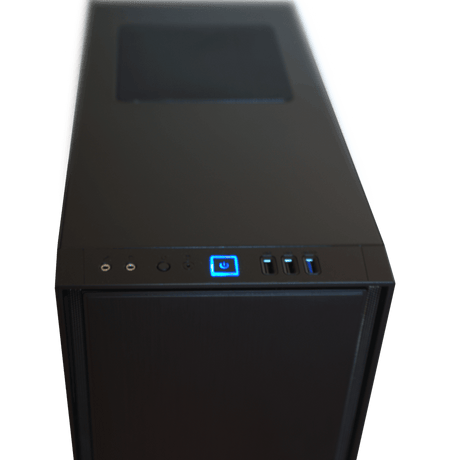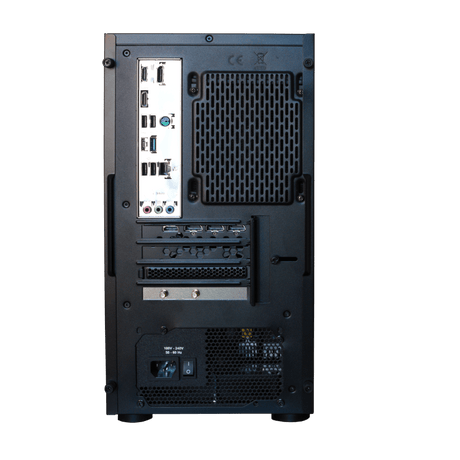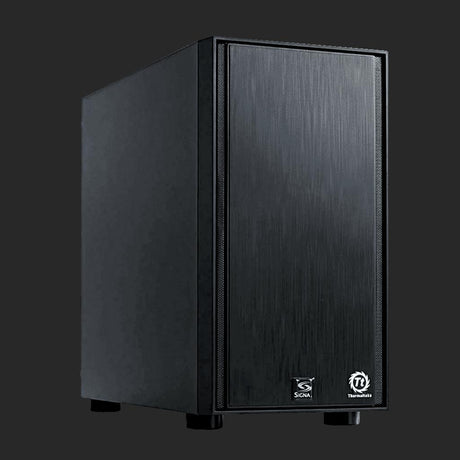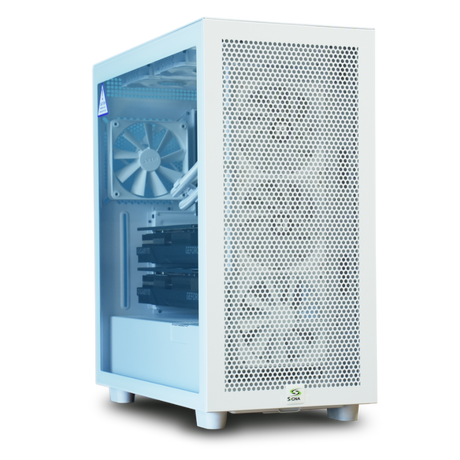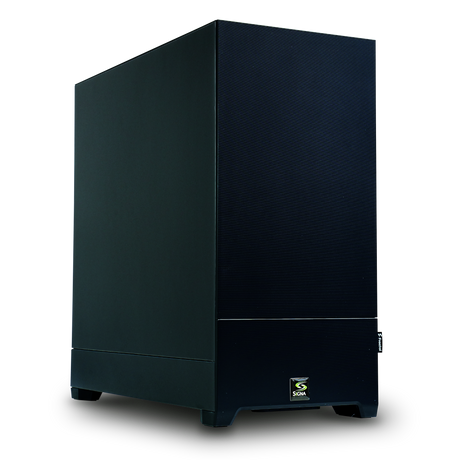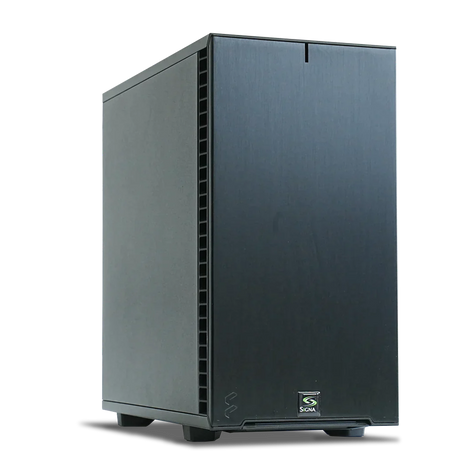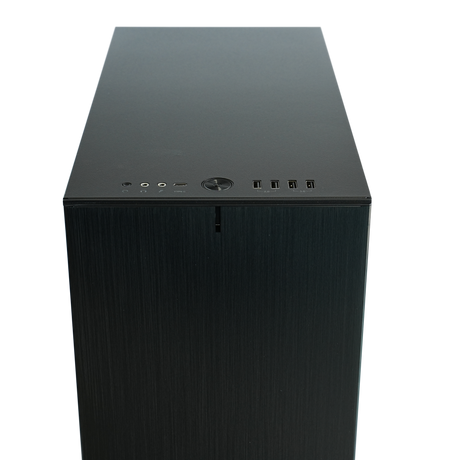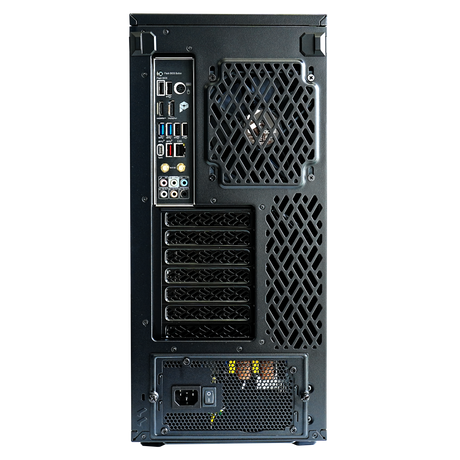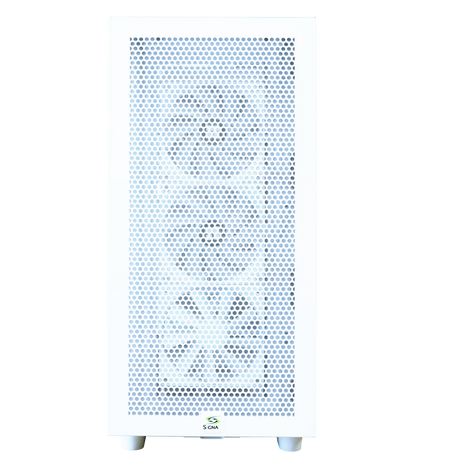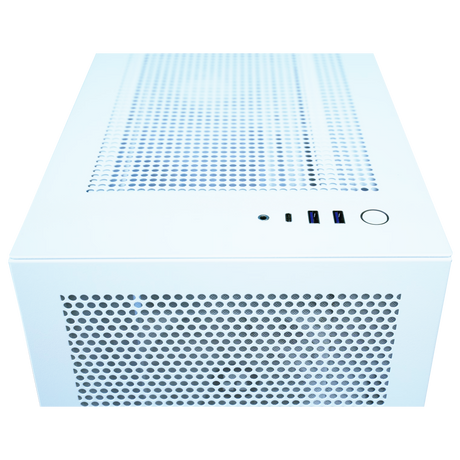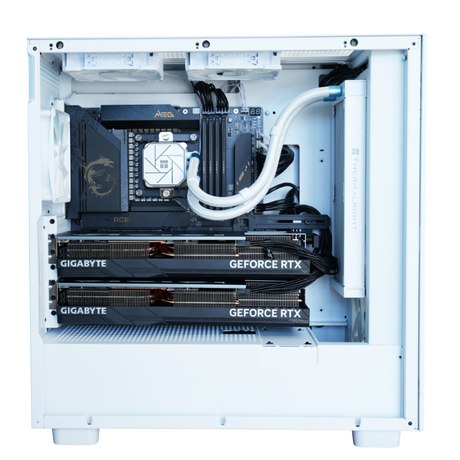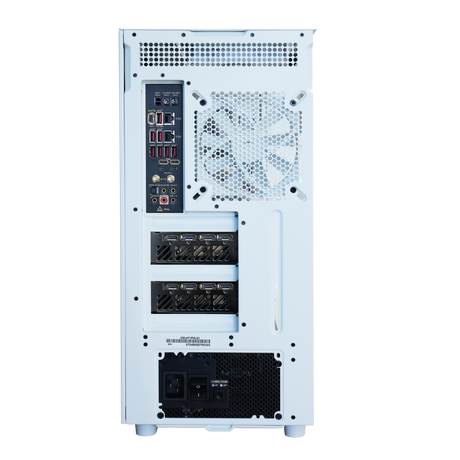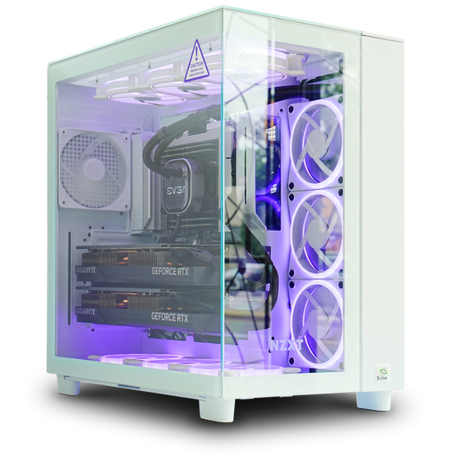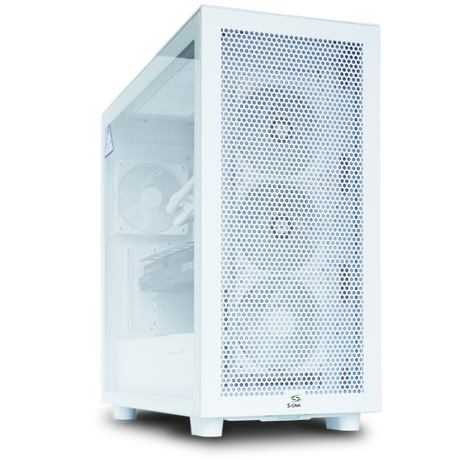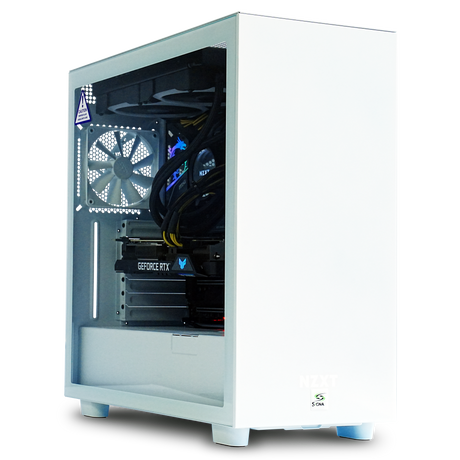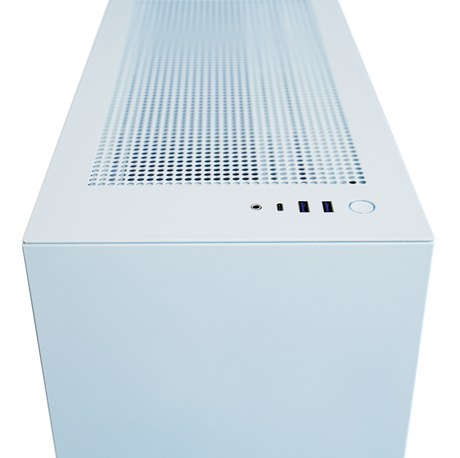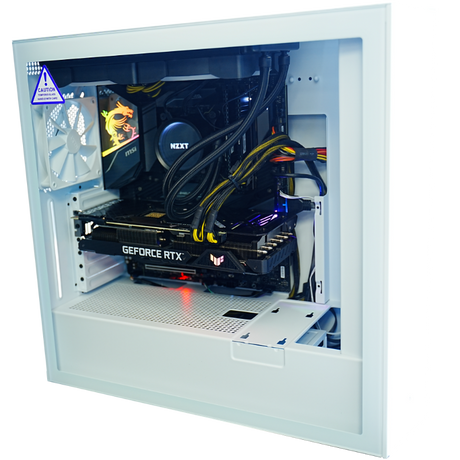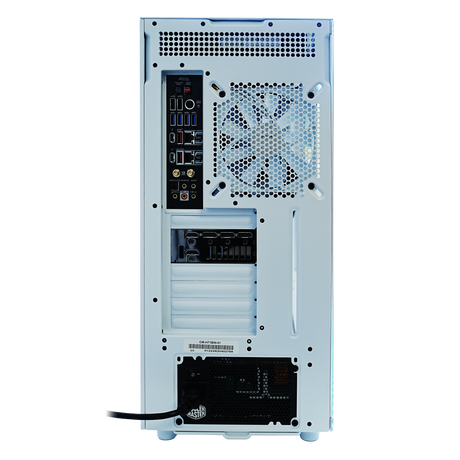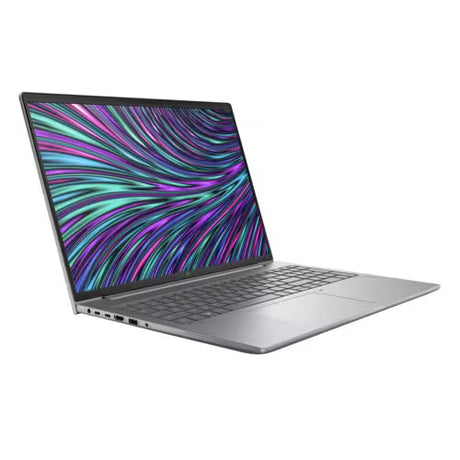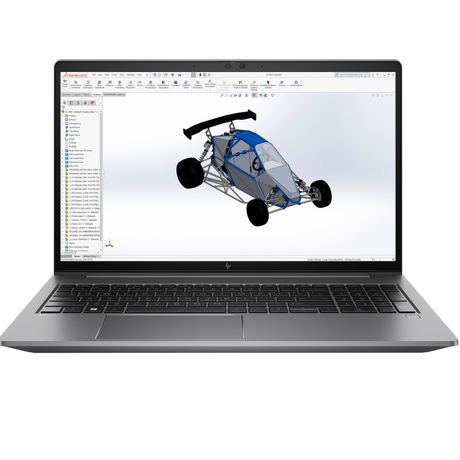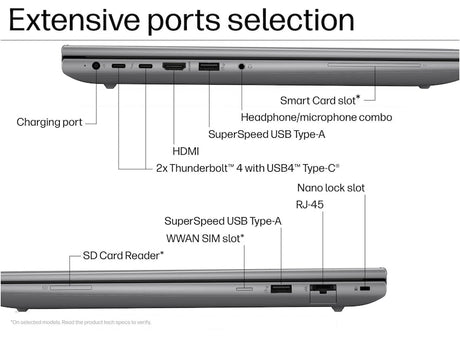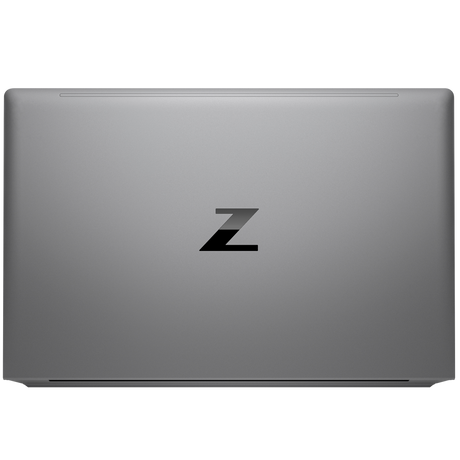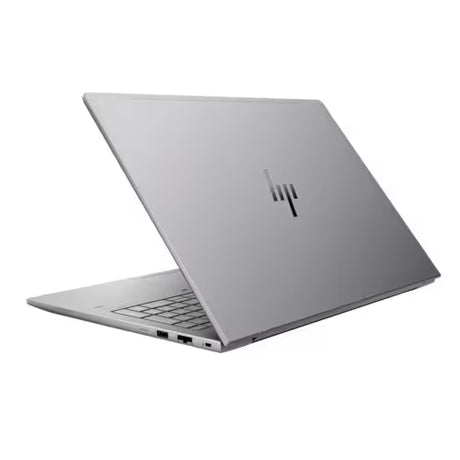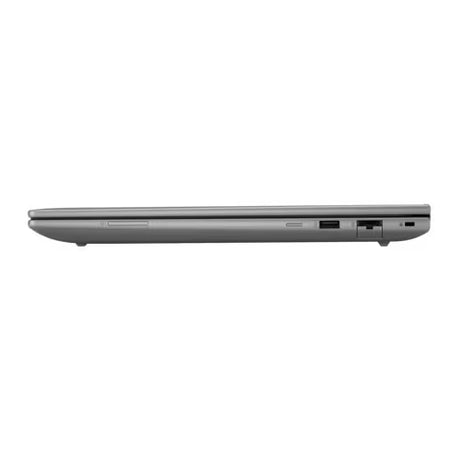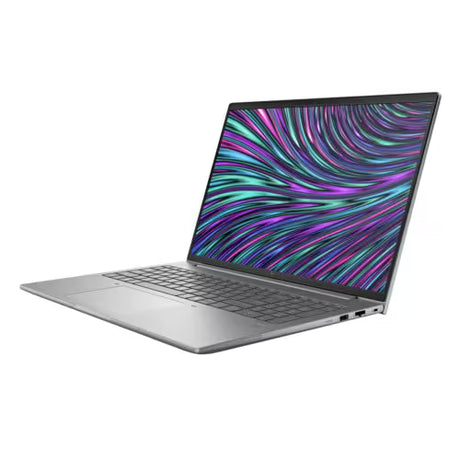Talk to an Expert
We love showing our customers how to get maximum performance for a set budget.
AutoCAD System Requirements
Engineered for AutoCAD. Built to Power Your Designs.
Autodesk provides minimum specs for running AutoCAD, but let’s be honest—they’re just enough to get the software working, not to help you work efficiently. If you rely on AutoCAD for professional use, you need a workstation that delivers speed, stability, and responsiveness.
At Signa, we’ve spent years testing real-world AutoCAD performance to find out what hardware makes a real difference. Whether you’re working in 2D or 3D, our systems are optimized to help you work faster and stress less.
⚙️ Processor (CPU) – Get Speed, Not Just Specs
AutoCAD is mostly single-threaded, meaning it uses just one CPU core for most tasks. That makes clock speed—measured in GHz, or billions of cycles per second¹—the most important factor for performance. A higher clock speed means your system can complete more operations every second, leading to a smoother experience.
Our Top CPU picks for AutoCAD:
Intel Core Ultra 9 285K
AMD Ryzen 9000 Series
These processors deliver blazing-fast single-core performance while offering enough cores for multitasking, multitool workflows, and rendering when needed.
💡 Doing a lot of rendering? Let us know—we can recommend a high-core-count system built for that too.
Graphics Card (GPU) – 2D or 3D? Let’s Get it Right
In 2D, AutoCAD puts very little strain on your GPU. But if you’re working in 3D or using complex visual styles, a stronger GPU will keep things smooth and snappy.
Our top recommendation:
NVIDIA RTX 4000 Ada (Professional Series)
This card offers excellent performance, driver stability, and official certification from Autodesk—making it ideal for demanding professional environments.
Should I use GeForce or Quadro (now RTX Professional)?
Good question, we get this a lot, While GeForce cards offer great bang-for-the-budget, they aren't certified by Autodesk, which means you may have issues obtaining support. For business use, especially when reliability and support matters, we recommend RTX Professional Series cards such as RTX 2000, 4000, 5000, and 6000 models.
Memory (RAM) – How Much Do You Really Need?
AutoCAD itself doesn’t demand a lot of memory—but your workflow might. Between CAD files, web browsers, email, and multitasking, RAM usage adds up quickly.
We recommend:
Minimum: 32GB
Ideal for most: 64GB
Power users: 128GB+
With RAM being relatively affordable, starting with 32GB gives you room to grow and ensures smooth performance under load.
Storage (Drives) – SSDs Make a Huge Difference
Your storage drive doesn’t just hold your files—it determines how fast your system boots, how quickly AutoCAD launches, and how long you wait to open/save projects.
Recommended setup:
Primary Drive: 1TB~2TB+ NVMe SSD² for your OS and AutoCAD
Optional: Secondary SSD for active project files
Long-term storage: High-capacity HDD or NAS
Why NVMe?
NVMe drives use the ultra-fast M.2 interface, offering up to 6x the speed³ of traditional SATA SSDs. That translates into faster project loads, less lag, and a more responsive experience overall.
Why Choose a Signa Workstation for AutoCAD?
✅ Tested and tuned specifically for AutoCAD
✅ Certified components and drivers
✅ Local support from Toronto-based experts
✅ No guesswork—just the right tools for your workflow
✅ Custom-built so you get what you need (and nothing you don’t)
📞 Ready to upgrade your AutoCAD experience?
Whether you're doing architectural layouts or complex 3D models, we’ll help you build a system that performs—without overspending.
🔗 Contact us for a free consultation
📍 Visit us: 3457 Yonge Street, Toronto
📞 Call us: (416) 488-9208
Footnotes
¹ Clock speed (GHz) – Short for “gigahertz,” this measures how many billion cycles per second a processor can perform. In AutoCAD, faster clock speed means faster commands, drawing, and snapping.
² NVMe SSD – A newer type of solid-state drive that connects directly to your motherboard via the M.2 slot. Much faster than older SATA SSDs.
³ Speed comparison – SATA SSDs typically top out around 500 MB/s. NVMe SSDs can hit 3,500 MB/s or more.
- 31% off
Signa Computer Systems
Signa Expert CAD & Manufacturing Workstation – Proudly Canadian
Sale price $2,399.00 CAD Regular price $3,499.00 CADUnit price /UnavailableVery low stock (4 units) - 19% off
Signa Computer Systems
Signa Compact CAD Plus & Manufacturing Workstation – Proudly Canadian
Sale price $1,699.00 CAD Regular price $2,099.00 CADUnit price /UnavailableVery low stock (6 units) - 23% off
Signa Computer Systems
Signa Compact CAD & Manufacturing Workstation – Proudly Canadian
Sale price $1,549.00 CAD Regular price $1,999.00 CADUnit price /UnavailableVery low stock (7 units) - 15% off
Signa Computer Systems
Signa Enterprise AI & GPU Computer Workstation
Sale price $3,899.00 CAD Regular price $4,599.00 CADUnit price /Unavailable - 15% off
HP
HP ZBook Power G11 - AMD Ryzen 7 8845HS, RTX 2000 8GB, 32GB DDR5 RAM, 1TB SSD, 16" HD Display
Sale price $2,649.00 CAD Regular price $3,099.00 CADUnit price /UnavailableVery low stock (2 units) - 9% off
HP
HP ZBook Power G11 - Intel Core Ultra 7 165H, RTX 2000 8GB, 32GB DDR5 RAM, 1TB SSD, 16" HD Display
Sale price $2,899.00 CAD Regular price $3,199.00 CADUnit price /UnavailableVery low stock (2 units)


